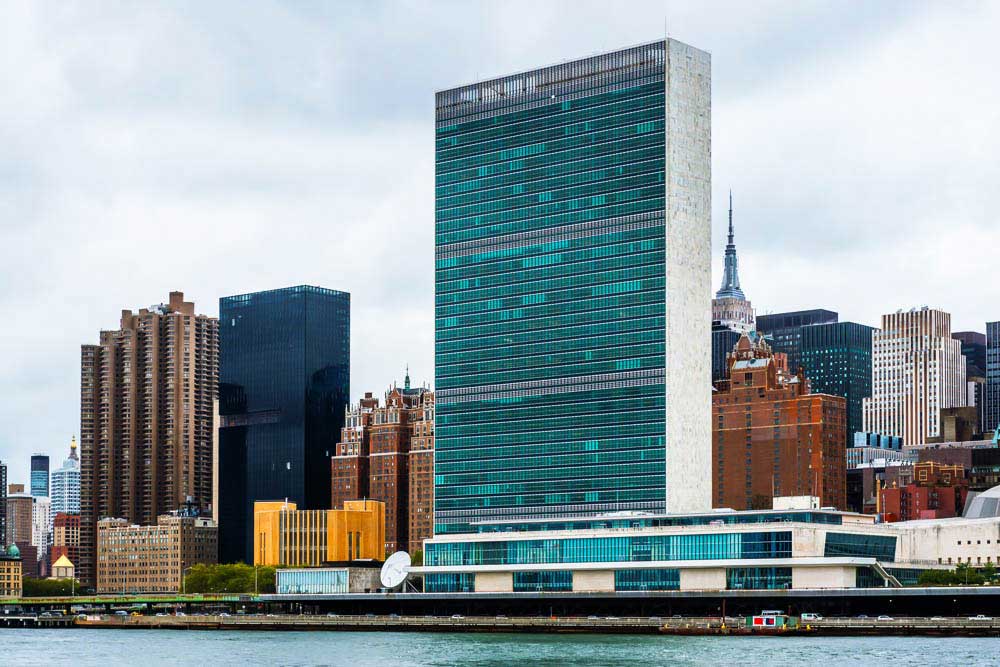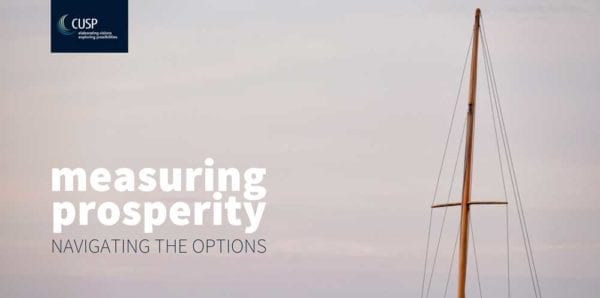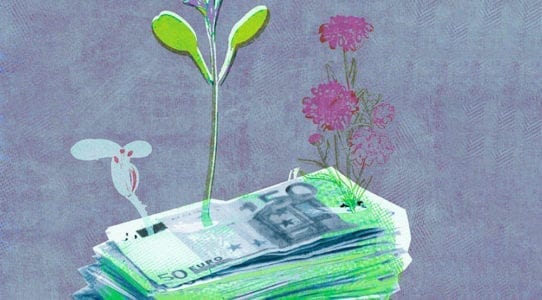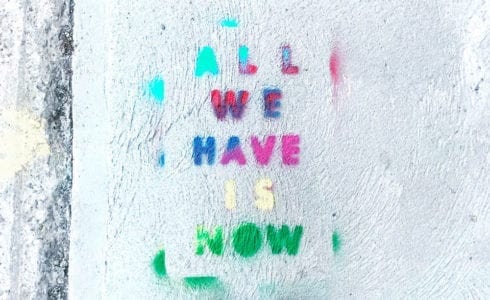A polity proposal for Beyond-GDP
Across the world, societies are obsessed with increasing economic growth. Like an addiction we can’t quit, we know that ‘GDP-fetishism‘ is a myopic, damaging way to view human flourishing. Yet despite years of effort to go ‘Beyond GDP’, it is as dominant as ever. Why? And what can be done about it? Rutger Hoekstra argues that there is a simple strategy which would enable the Beyond-GDP community to effectively challenge the hegemony of growth.
Gross Domestic Product (GDP) is the most influential indicator of society. It is endlessly discussed and obsessed over. Will the economy go up or down? What does it mean for jobs? It’s an almost unquestioned faith that GDP growth is good and a lower GDP is to be avoided at all costs. Yet we’ve known since its invention that GDP measures the size of the economy but not the success of society. Many important things like well-being, sustainability and inequality are not measured by GDP.
Even at its inception in 1934, Simon Kuznets, the founding father of GDP, wrote that “The welfare of a nation can scarcely be inferred from a measurement of national income”. It’s not just economists: Robert Kennedy once said that GDP “measures everything … except that which makes life worthwhile”. The incessant criticism over the last 4-5 decades has led to many new ‘Beyond-GDP’ indexes and indicators. Yet GDP is still as dominant as ever. Why?
The underlying question we need to ask ourselves is: Why do some scientific disciplines, like economists, have a lot of influence on society while others are very ineffective? To help understand, take the current wave of public attention for climate change. The protests in the streets might indicate a popular uprising but in fact there is a scientific motor behind it—the Intergovernmental Panel on Climate Change (IPCC). Under auspices of the UN, the IPCC synthesises the views of climate scientists into a common warning for humanity. Activists like Greta Thunberg have heard this message and have given voice to public demands for action. A similar UN-led consortium of ecologists and biologists, the Intergovernmental Panel on Biodiversity and Ecosystem Services (IPBES), recently warned of the extinction of 1 million species. This coordinated message also had a major impact on the press and the general public.
The way it works seems quite simple: when a global scientific community transmits a coherent message, it becomes more influential in society.
The way it works seems quite simple: when a global scientific community transmits a coherent message, it becomes more influential in society. Of all the scientific communities, the macroeconomic community is by far the most successful. After World War II, macro-economists were by the United Nations and OECD to create the System of National Accounts (SNA), which is the international handbook to measure the economy and GDP. This system proliferated rapidly from 1950 and is currently used universally—it’s been adopted by all 200 countries of the world. It is like a ‘GDP multinational’ whose fingerprints are everywhere, from statistical offices to international institutes, from universities to governments. Even the media is part of the GDP-multinational: the 24-hour media are eager to report the latest GDP figures as ‘breaking news’.
A fundamental feature of the macro-economic community is the ability to communicate in a common language. The SNA functions like a dictionary of economic terms which includes ‘consumption’, ‘investments’, ‘productivity’ and ‘value added’. Whether you are a macro-economist from Indonesia, Italy or Kenya you will be able to communicate. In fact, many of these economic terms have spread to the general public: many people now speak a little bit of SNA.
A fundamental feature of the macro-economic community is the ability to communicate in a common language.
The common feature of the SNA, IPCC and IPBES communities is that they were created by a UN-led international harmonisation process. Compared to these successes, the ‘Beyond-GDP’ community is simply too heterogenous to be effective. It is a loosely connected group of academics, NGO’s, individual, companies, international institutes which have suggested hundreds of alternatives to GDP: Human Development Index, Better Life Index, Genuine Progress Indicator, Sustainable Development Goals to name but a few. Furthermore, a common language is missing in Beyond-GDP. There are dozens of terms like ‘well-being’, ‘welfare’, ‘sustainable development’, ‘inclusive growth’ and ‘progress’ which lack a universally agreed definition. The lack of common terminology and indicator inflation is confusing to even the most hardened Beyond-GDP expert, so it should come as no surprise that the media and general public are lost. Despite all our efforts we seem to not providing a consistent and coherent message.
The GDP-multinational is competing against the Beyond-GDP cottage industry—an uneven battle.
The problem is therefore not that the GDP community is too strong, the problem is that the Beyond-GDP community is not providing a coherent alternative. The GDP-multinational is competing against the Beyond-GDP cottage industry—an uneven battle. Despite the many brilliant theories, extensive datasets and world-class scientists who have contributed to the Beyond-GDP agenda, the message is being lost in a confusing cacophony of different indicators, indices and terms.
The solution seems straightforward: a UN-led international Panel to create a global alternative narrative. Let us call it the Intergovernmental Panel on Well-being, Inequality and Sustainability (IPWIS). Panels and commissions sound boring, but can be highly effective. The IPWIS is crucial to advance the global agenda for wellbeing, tackling inequality and sustainability. A great advantage is that we do not need to start from scratch. The best theoretical advances, datasets and people from the Beyond-GDP community would provide formidable input into the process.
The Panel’s primary task would be to create a common language. It would therefore need to create an accounting framework for the environment, society, economy as well as the distribution in society. It would need to define precisely all relevant terms. The process will require input from many scientific disciplines, not just economics. While, traditional economic approaches such as welfare economics should be a part of the conversation, the Panel should also explore new economic thinking, as well as other social and natural sciences (e.g. behavioural economics, network theory, resilience and thermodynamics).
In my book (Replacing GDP by 2030) I discuss the architecture of an accounting framework and indicators which could emerge from this multidisciplinary process. However, the book is not prescriptive: it is simply a summary based on my understanding of the existing literature and initiatives. The actual UN-process would be needed to arrive at the actual accounts and indicators. The book is an invitation to others to start thinking about how such a harmonisation process might be structured.
I am convinced that working together in the IPWIS is the best strategy we have to formulate a coherent worldwide narrative about wellbeing, inequality and sustainability. Let’s create a Beyond-GDP-Multinational to compete against the GDP-Multinational. Our global message is needed to definitely capture society’s attention and fatally expose the fallacy of the economic growth narrative.
Links
- Rutger’s book, Replacing GDP by 2030, is available in bookstores and online via Cambridge University Press, Hive, Amazon and Bol.







